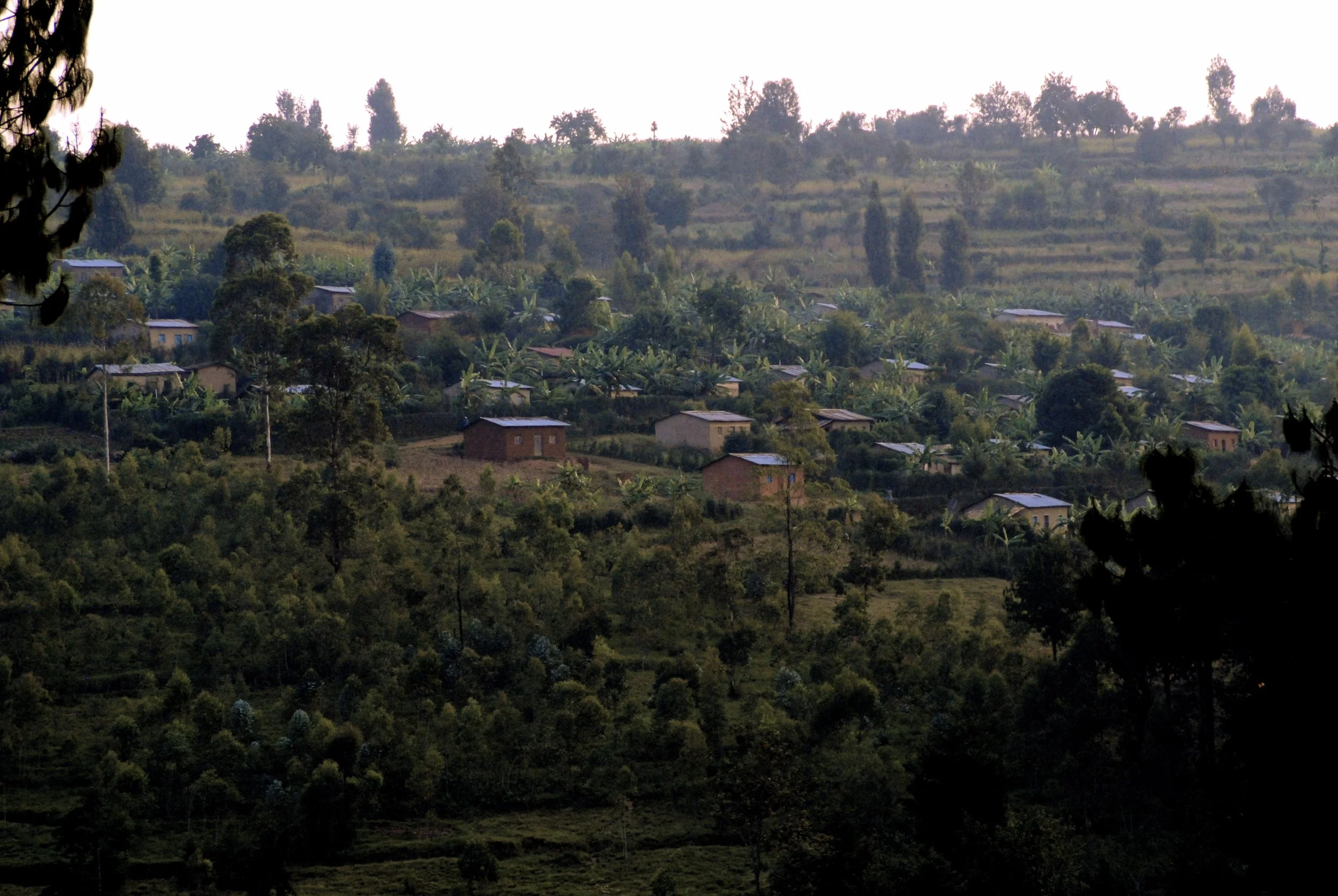About burundi
This tiny nation in the heart of Africa is unknown to much of the world. Here are some details about Burundi and what you can expect if you come and teach at the Burundi Film Center.
History
According to oral legends, the Kingdom of Burundi (as it was once known) was founded by a man named Cambarantama. The first evidence of Burundi as a state comes from the 16th century, with European contact happening as early as 1856. Like Rwanda, Burundi is traditionally made up of Hutu, Tutsi, and Twa, who have lived in the country for over 500 years. German colonizers grouped Burundi and Rwanda as a single country named Ruanda-Urundi in 1903, before ceding the colony to Belgium after the First World War. Burundi gained independence on July 1st, 1962.
1962 - Present
A series of revolts, assassinations, and civil unrest lead to the 1972 genocide, where up to 300,000 people were killed in less than three months. Over the next two decades, steps were taken towards land reform, political reform, and national reconciliation. However, the assassination of two Presidents in six months sparked another genocide in 1993 and a decades-long Civil War between 1993-2015. Though political tensions continue, the ethnic violence that has marred Burundi’s recent history has largely dissipated. The post-war years have seen many social and economic improvements, even though Burundi is still among the poorest countries in the world.
Did you know?…
Quick facts about Burundi
Half of Burundi's 11 million people are under the age of 15.
Burundians traditionally write their family name first and in all capital letters.
Ninety percent of the population of Burundi is employed in agriculture.
The official languages in Burundi are Kirundi and French
Burundi is the poorest country ever to win an Olympic gold medal (5000m race by Venuste Niyongabo in 1996)
Burundi’s two most famed elements are their drummers (les tambourinaires) and Gustave - the illusive man-eating crocodile reported to have killed up to 300 people (last sighted in February 2008 by National Geographic).
Safety in Burundi
Travel advice and advisories for Burundi are updated regularly by foreign governments and may affect travellers insurance and consulate or embassy availability. It’s important to check their website before booking any trips to the country. The Government of Canada’s most recent updates can be found here.
Our teachers usually stay together at a home in a nice neighbourhood in Bujumbura, walking distance from our training facility. Learn more about where we teach.
Photos
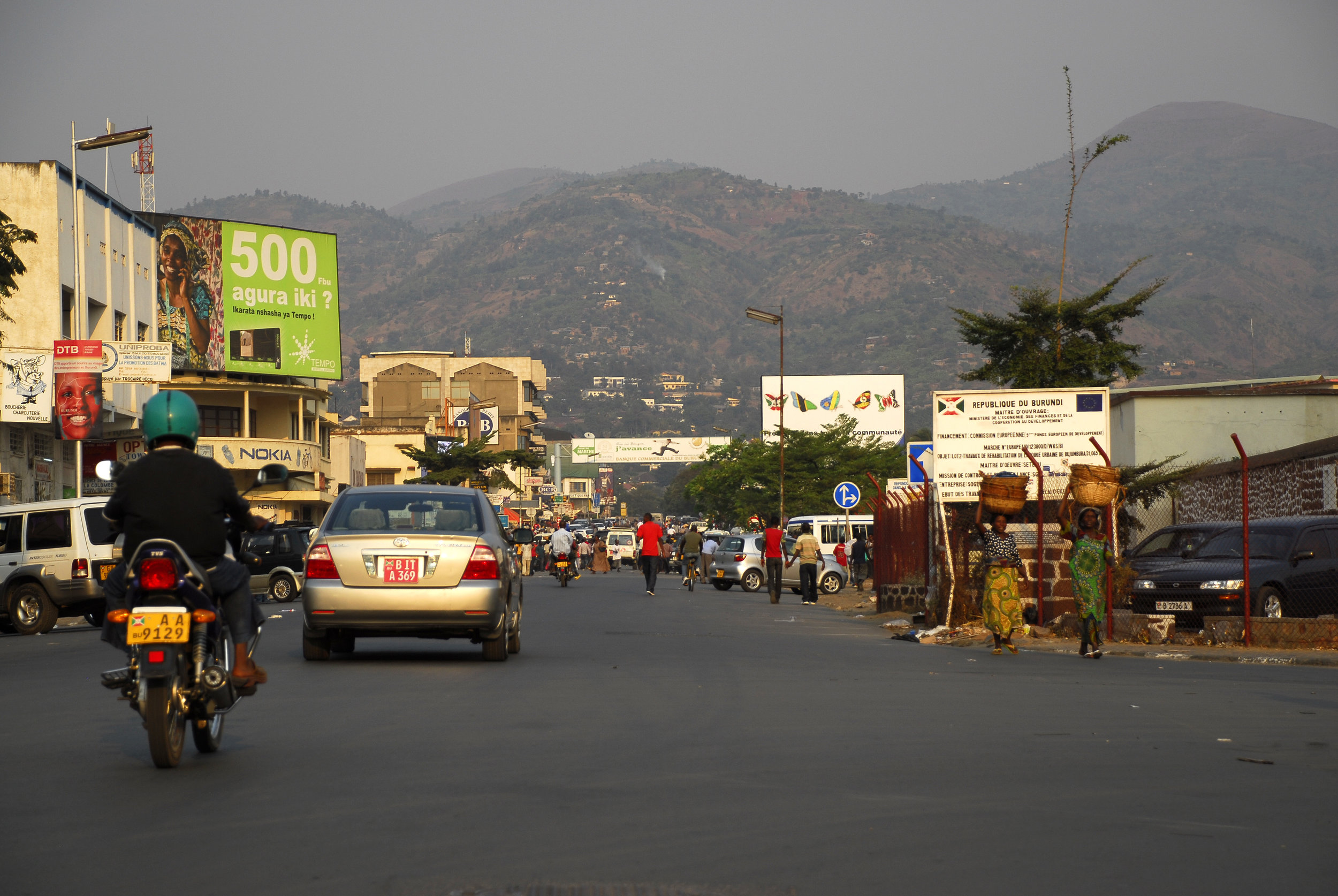
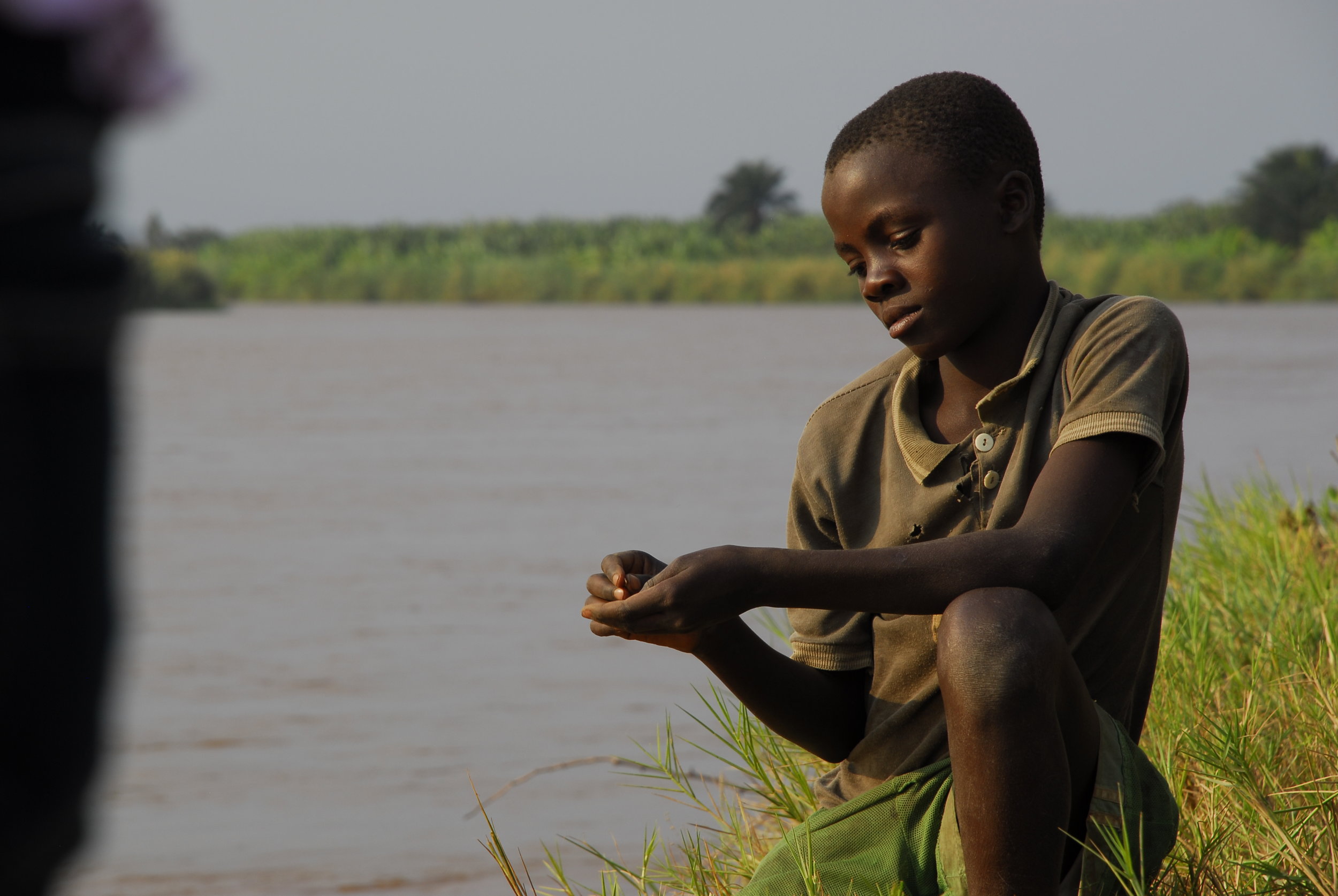
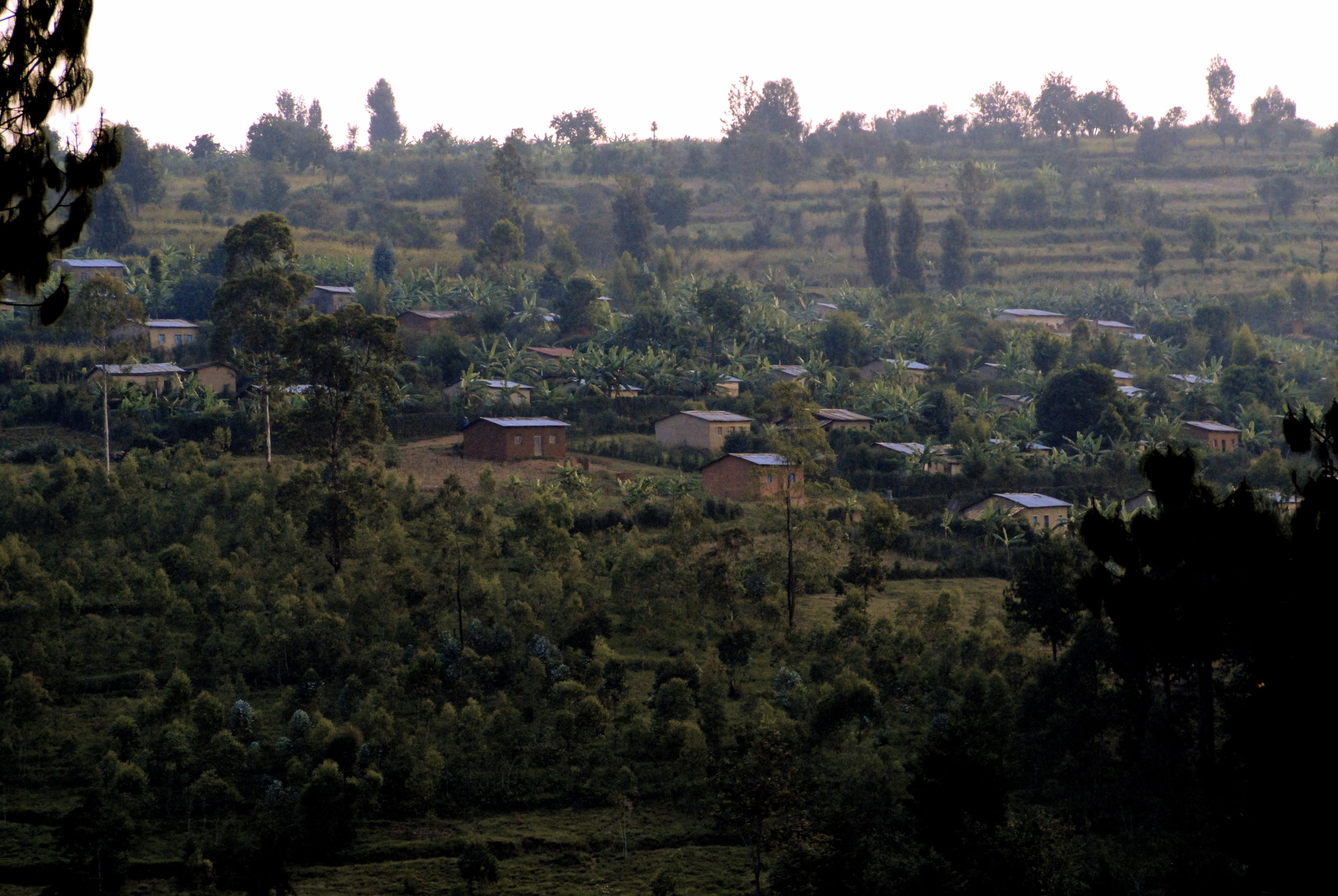
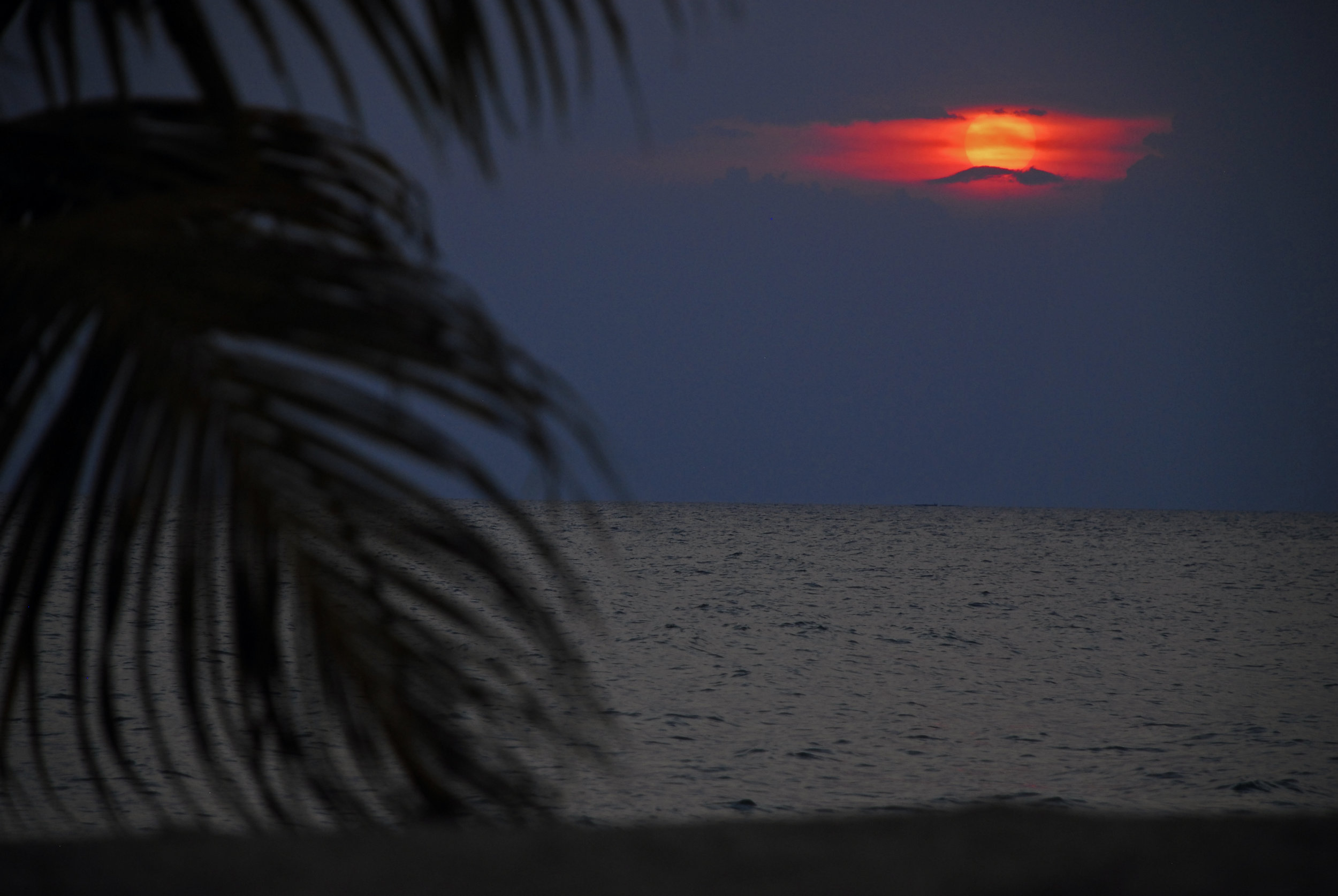
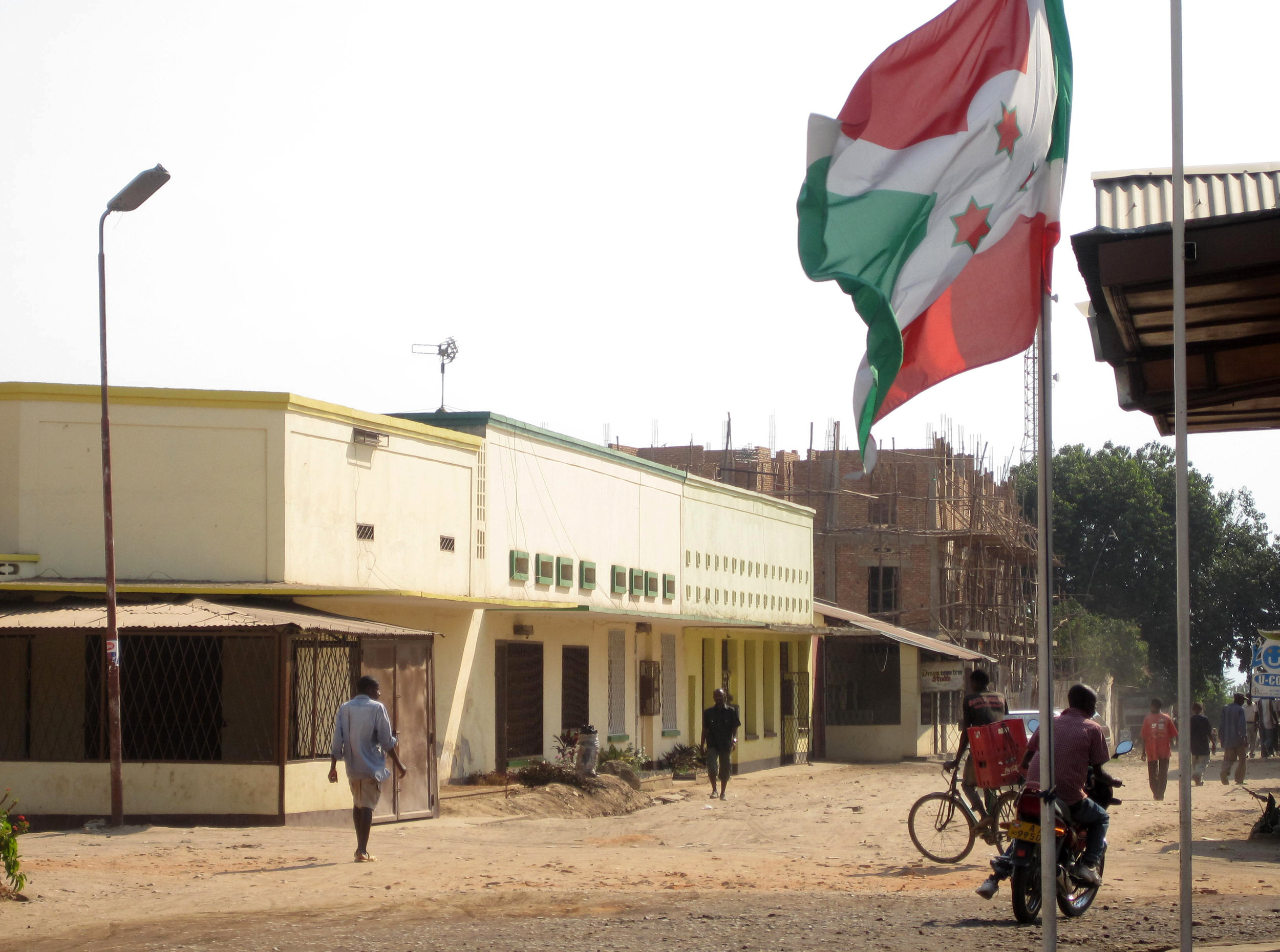
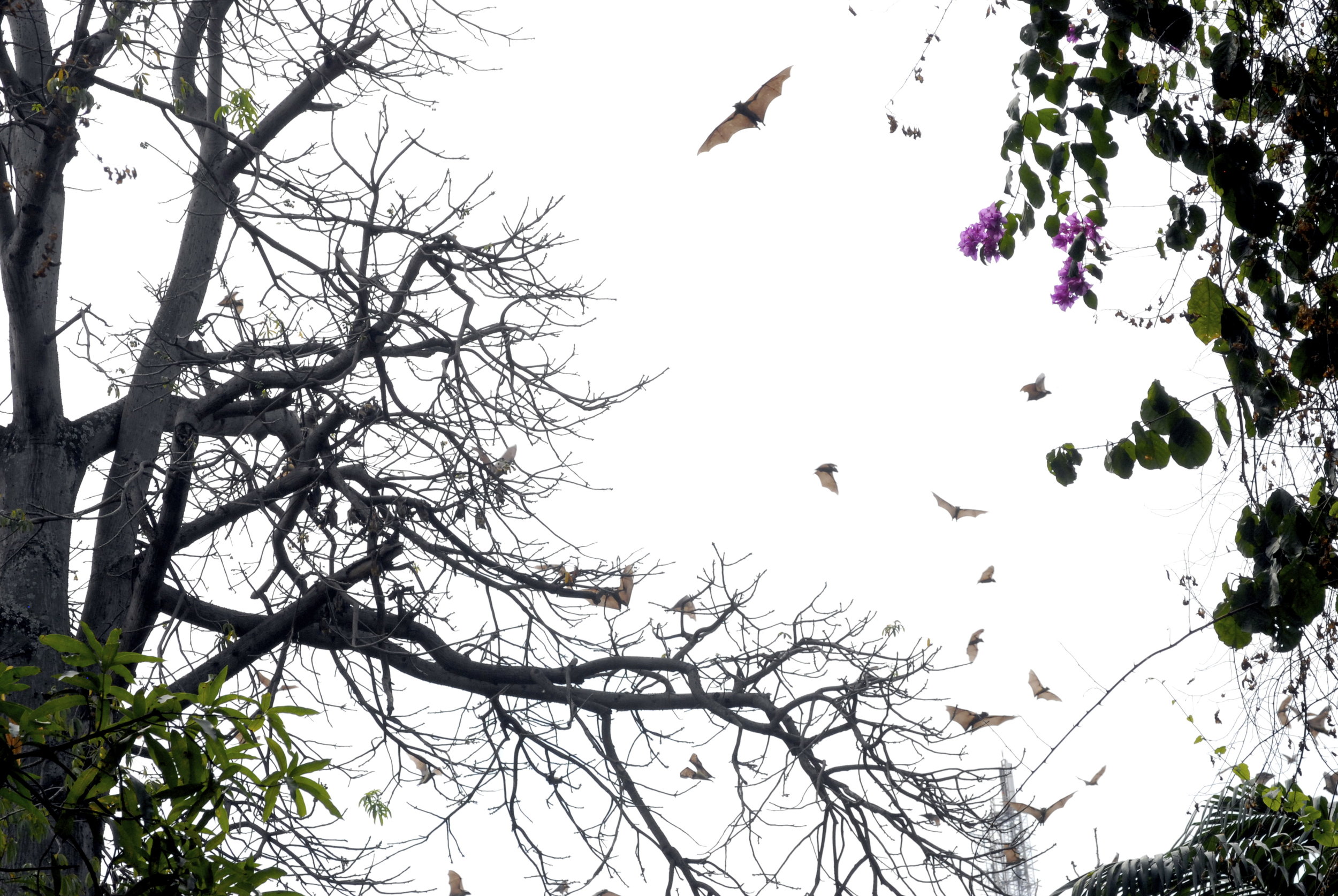

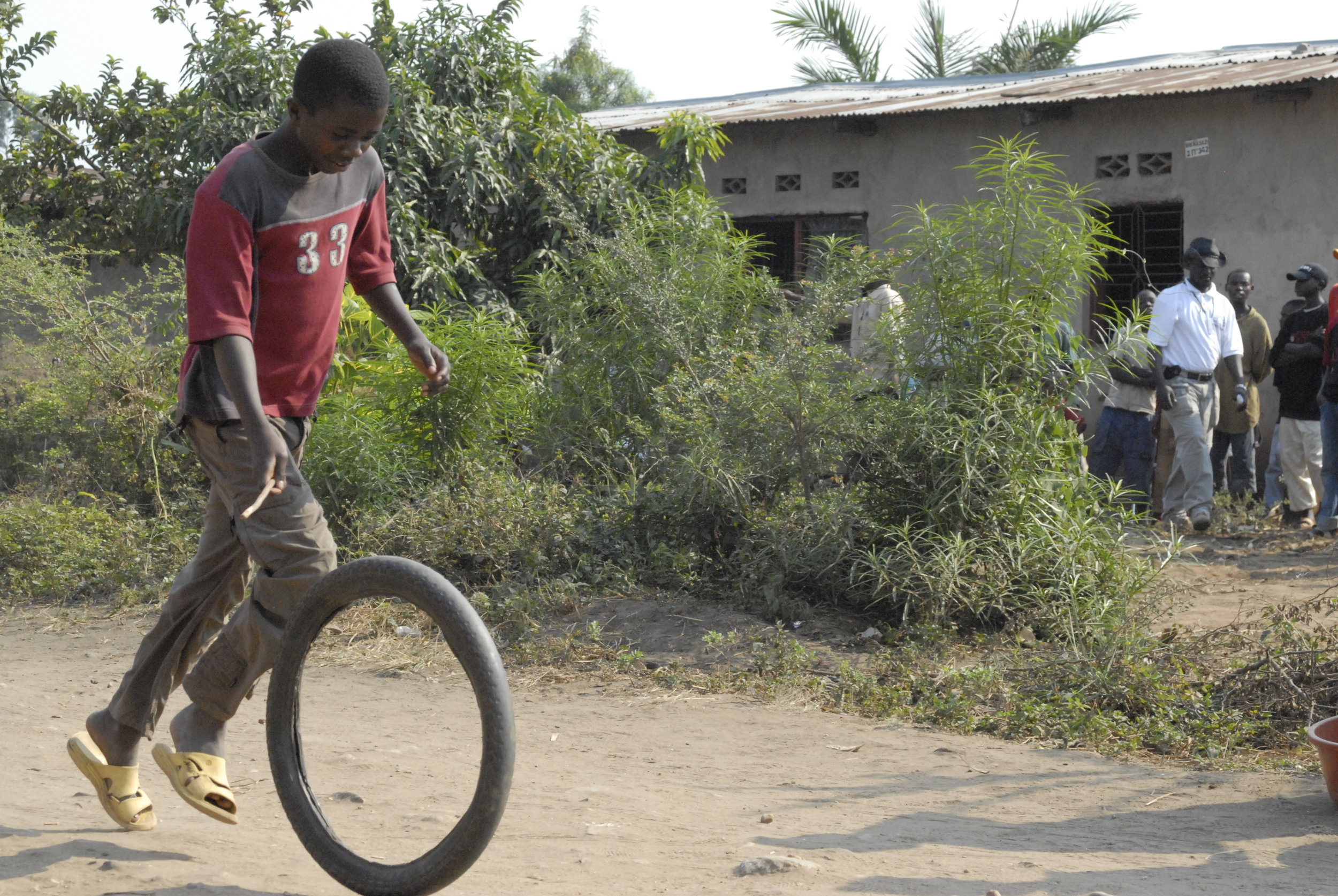
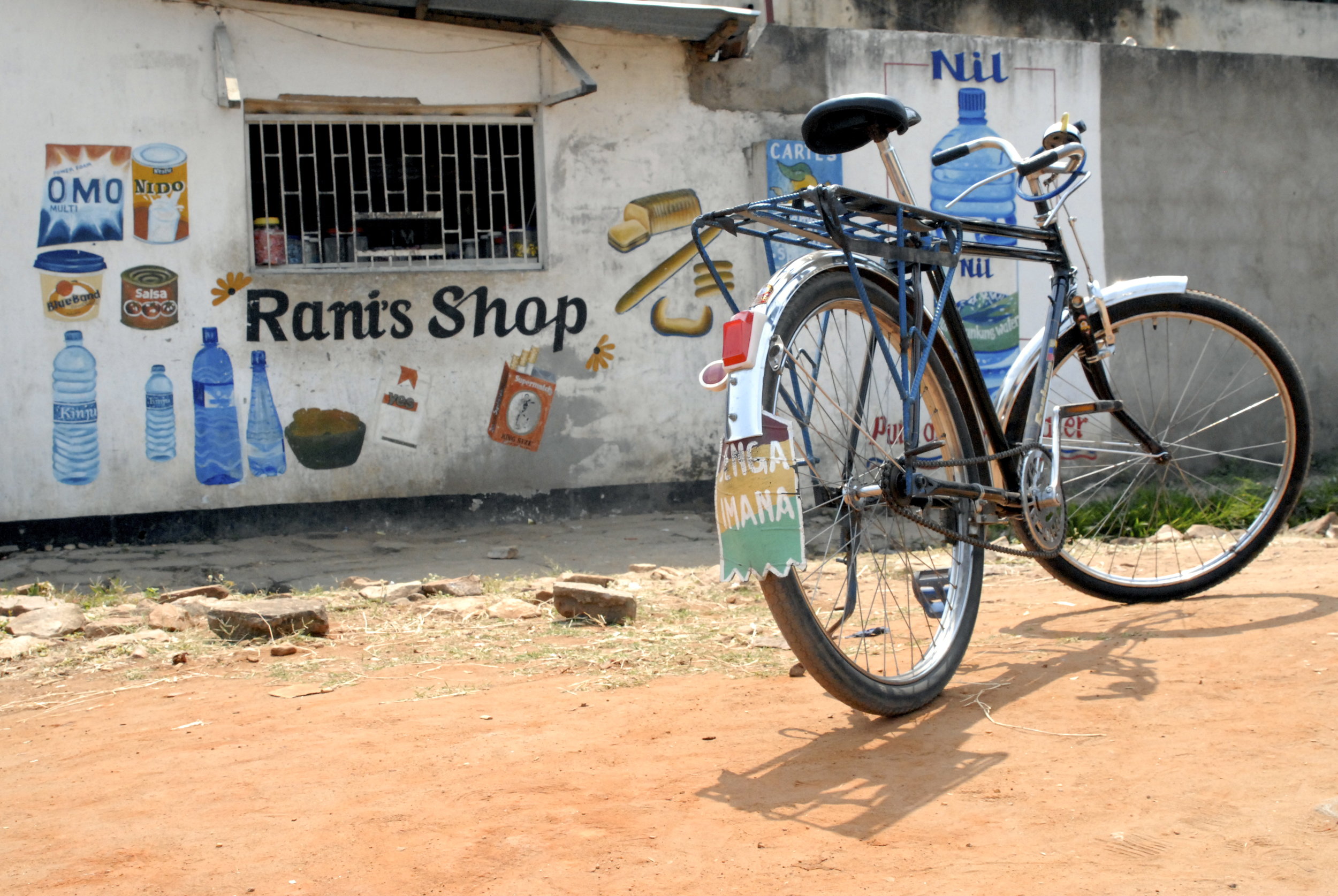
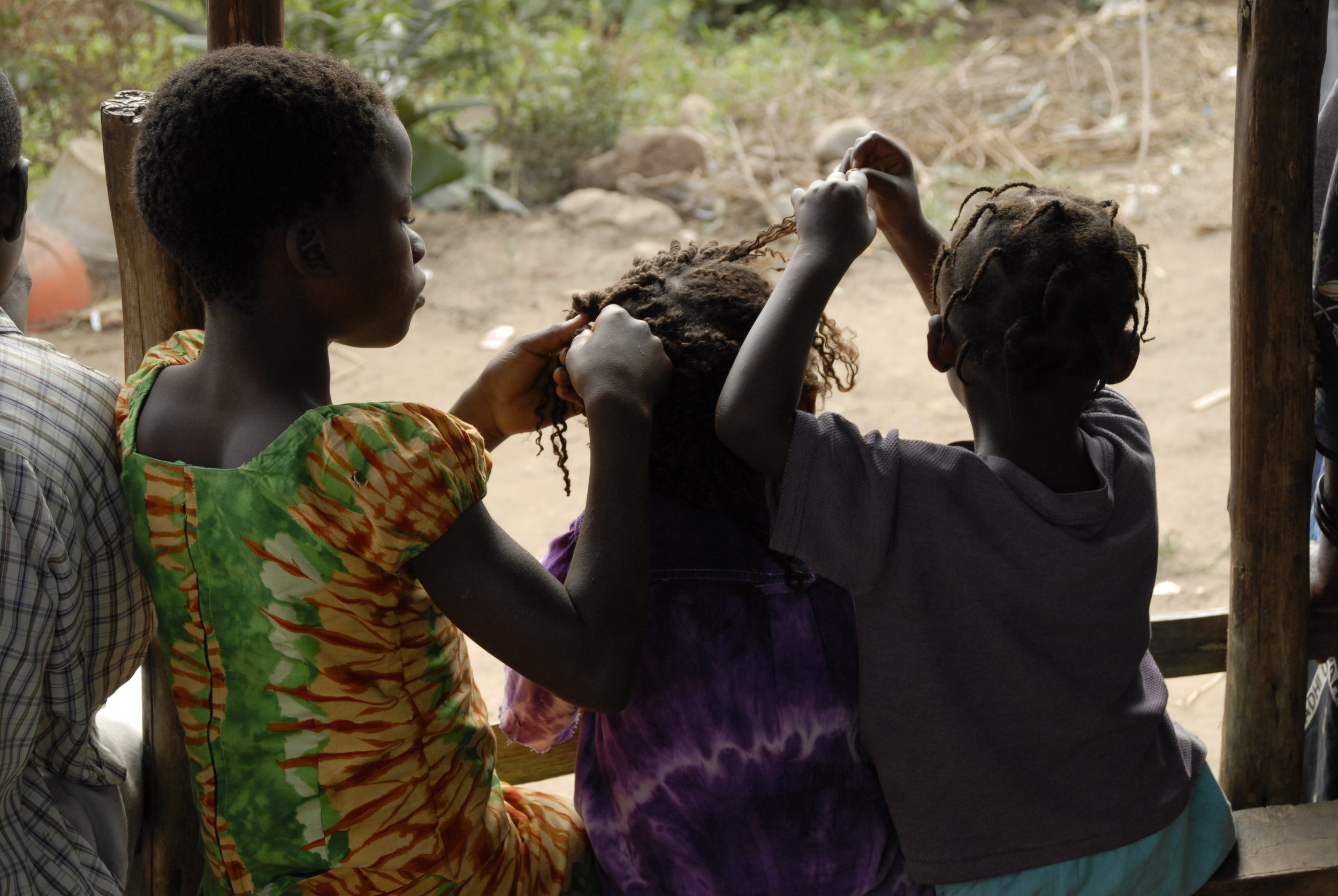
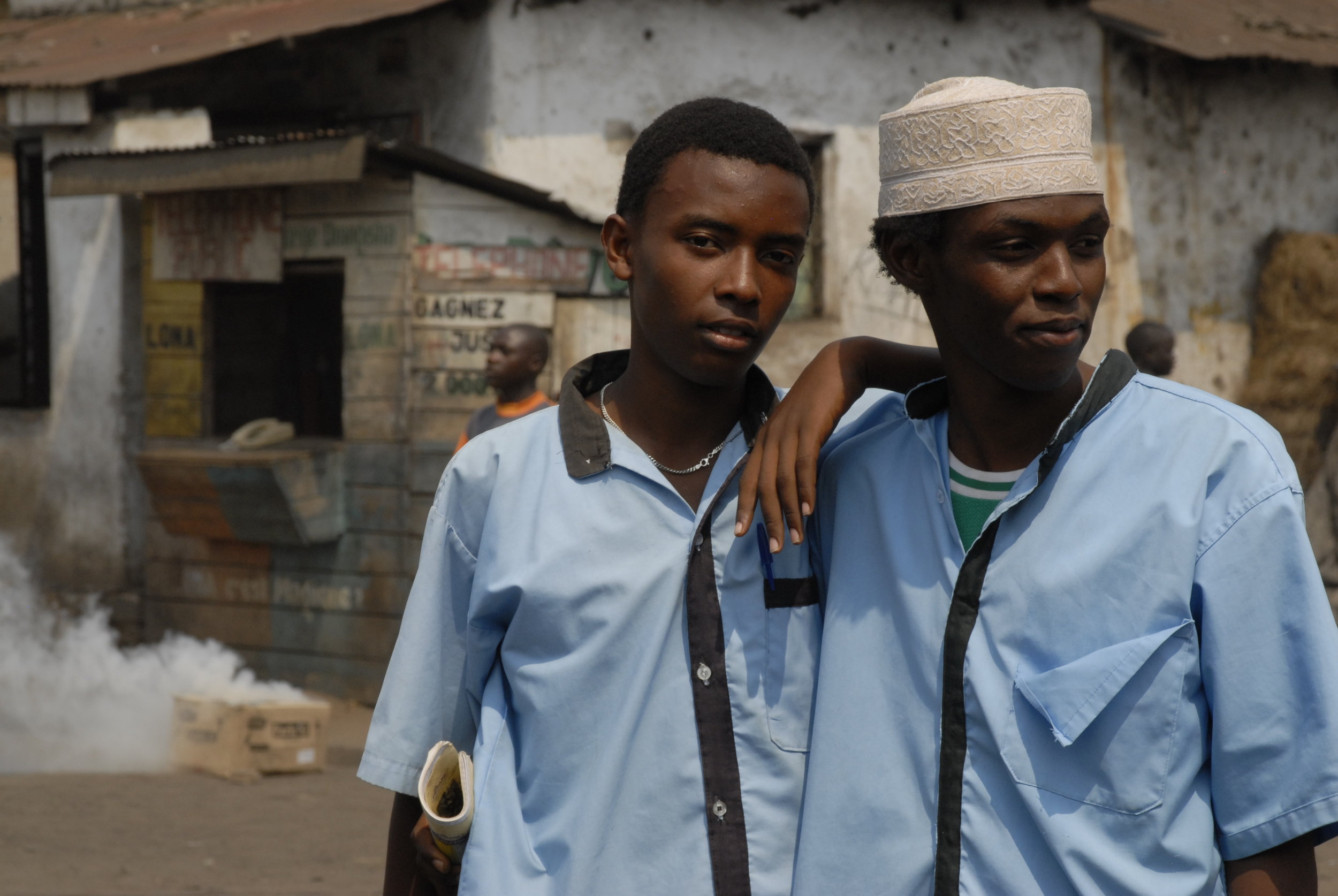
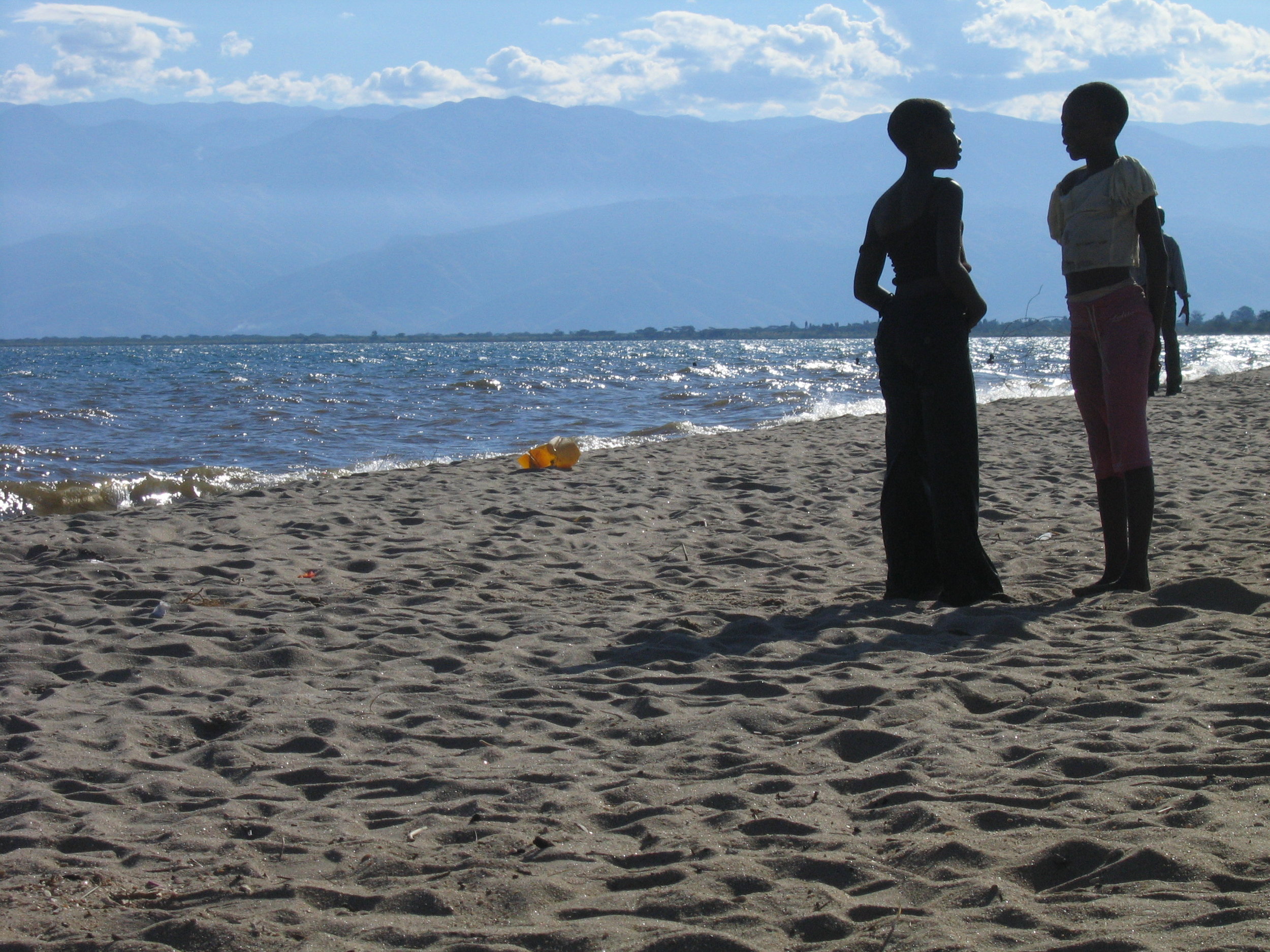
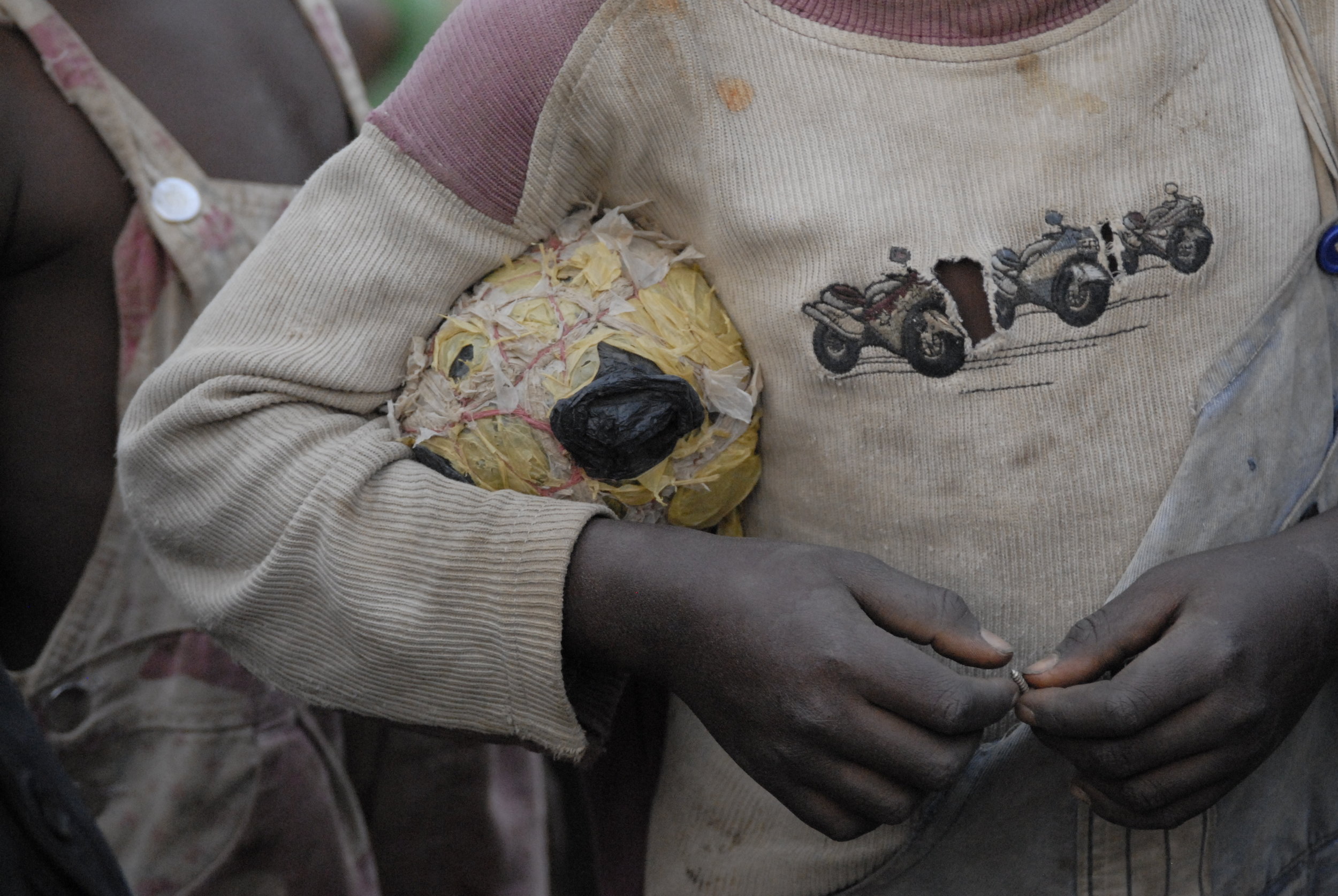
Photography by Bridget Redmond




